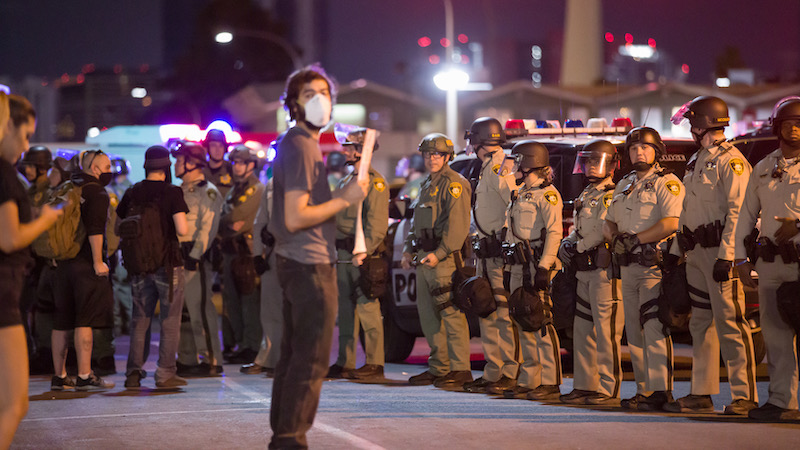On Fridays we bring you the best of the week from around the web. This week’s round-up focuses on various facets of the war against poverty, both at home and abroad.
1. Addressing Poverty by Incentivizing Industriousness: Instead of having a mindset of redistribution, Ismael Hernandez argues that we should battle poverty by focusing on the creative and productive capabilities of every individual.
Institutional frameworks and poverty alleviation efforts that reward effort and productive economic activity serve as a catalyst for the creation of more productive activity. You get what you incentivize. Moreover, what is at the heart here is the opening up of possibilities, not the dividing up of resources.
2. As Detroit Prepares for Clear-Cutting, Signs of Hope: You might think that Detroit is nothing but hopelessness and misery. Jonathan Coppage describes why “Detroit is going to be the next ‘Brooklyn.’”
Because of its bankruptcy, Detroit simply doesn’t have the bureaucratic capacity to enforce its own accumulated tangle of once well-intentioned zoning codes, land-use regulations, and other assortments of red tape. And because the city has been so depressed, for so long, the institutional and financial barriers to entry are remarkably low.
3. Global Aid Needs to Address Violence Against the Poor, Author Says: Napp Nazworth of the Christian Post reports on this week’s event at AEI with Gary Haugen of the International Justice Mission. Watch the video of the event here:
4. For City Kids and City Neighborhoods: George Weigel explains how Catholic schools in inner cities cultivate social capital, something that is critical to the health of communities.
There is ample research to demonstrate inner-city Catholic schools’ educational excellence, going back to the pioneering Coleman/Greeley studies in the 1970s. Now comes an even more comprehensive claim about the positive impact of these schools: …inner-city Catholic schools are important factors in urban renewal as builders of “social capital” on inner-urban areas.
5. Why Government Redistribution Won’t Cut It in the War on Poverty: Why do we have to accept that capitalism is a better approach to poverty than government? Tyler Castle offers some thoughts on why.
There’s something too clean, easy, and obligation free—not to mention ineffective—about government redistribution. In our wealthy society, we should certainly have a safety net to protect the vulnerable, but we can’t let people live in the social, mental, and spiritual state of poverty, minus the material deprivation. Opening our pocketbooks is a start, but we really battle poverty when we open our hearts.


